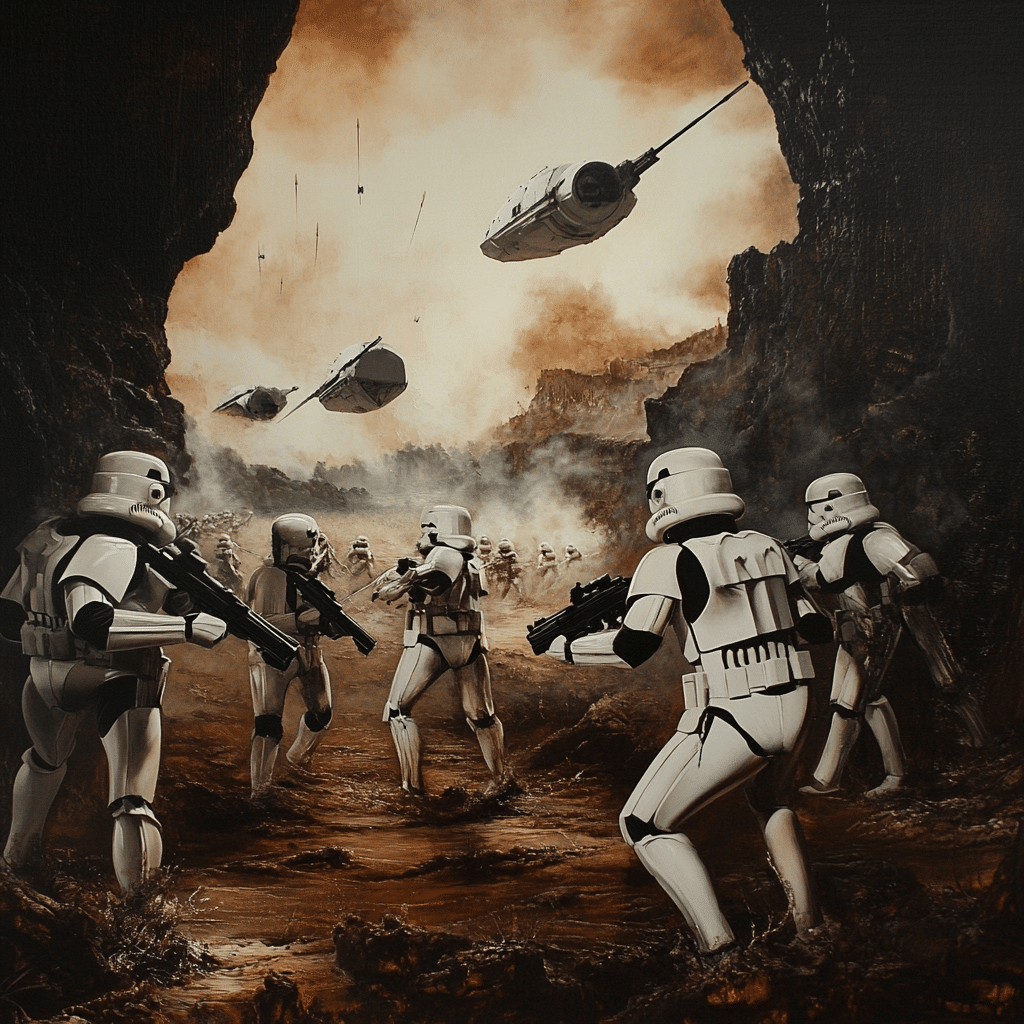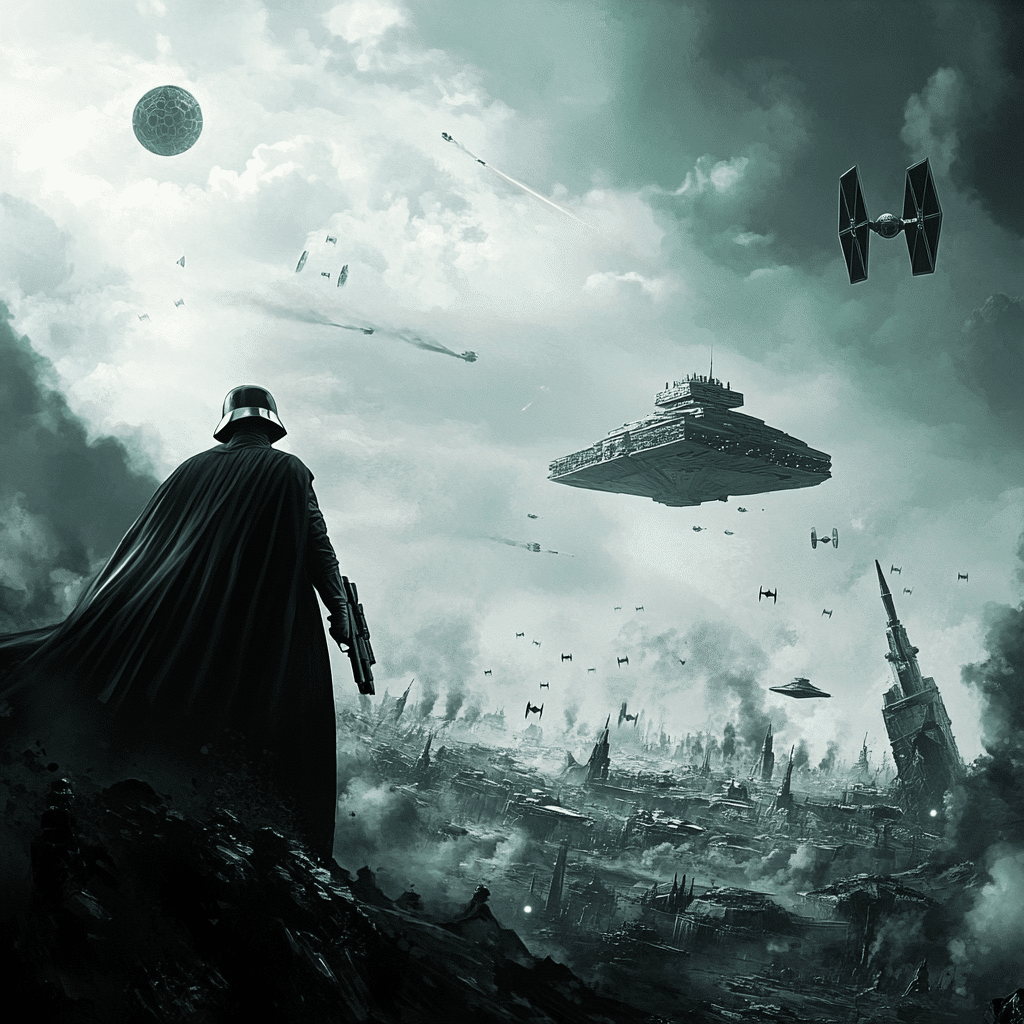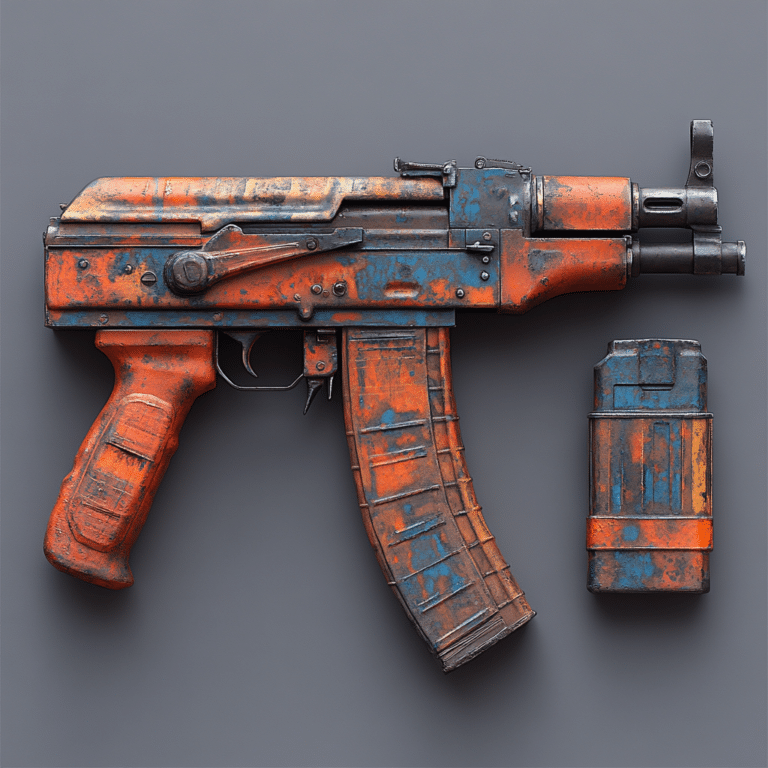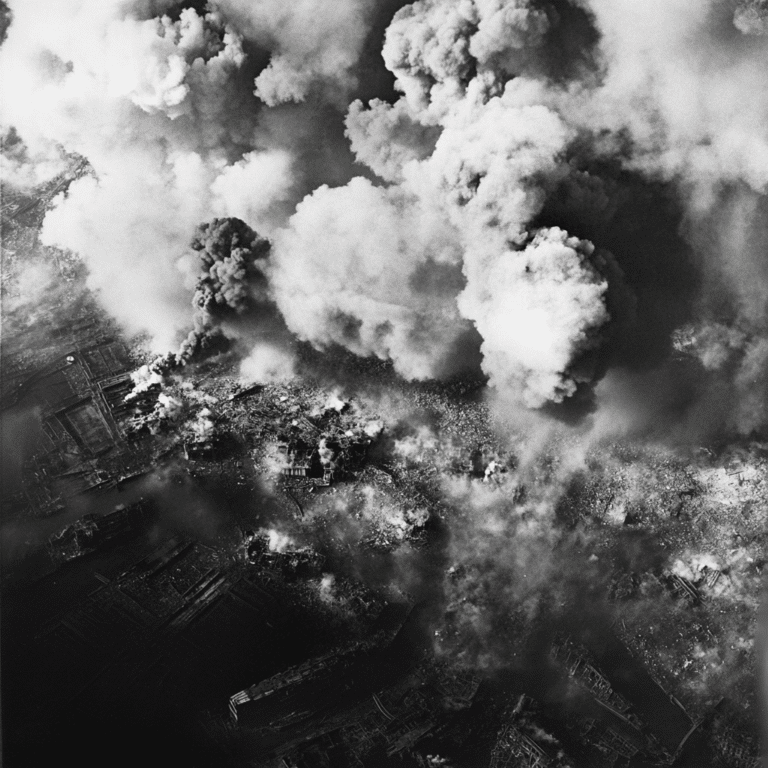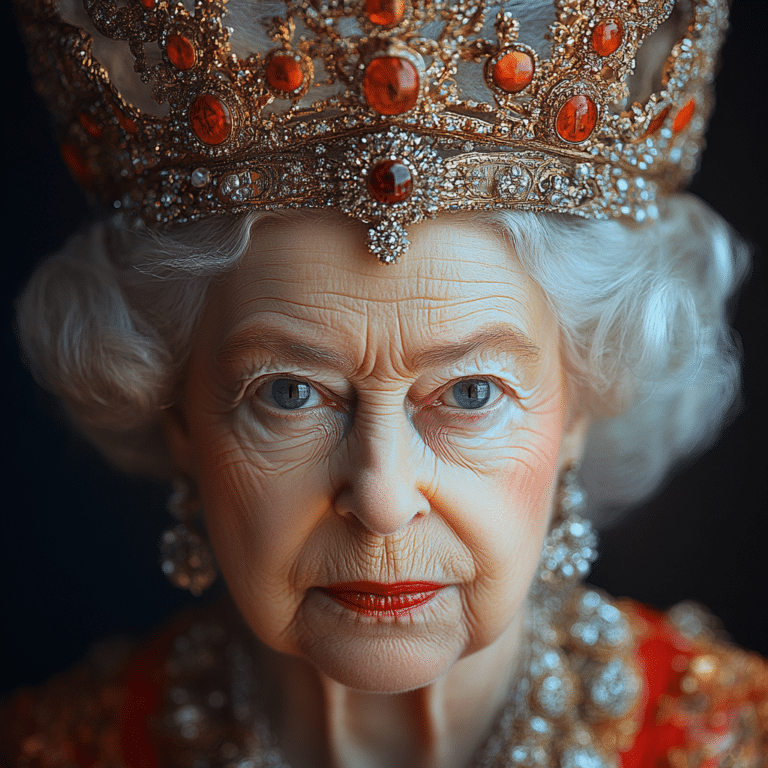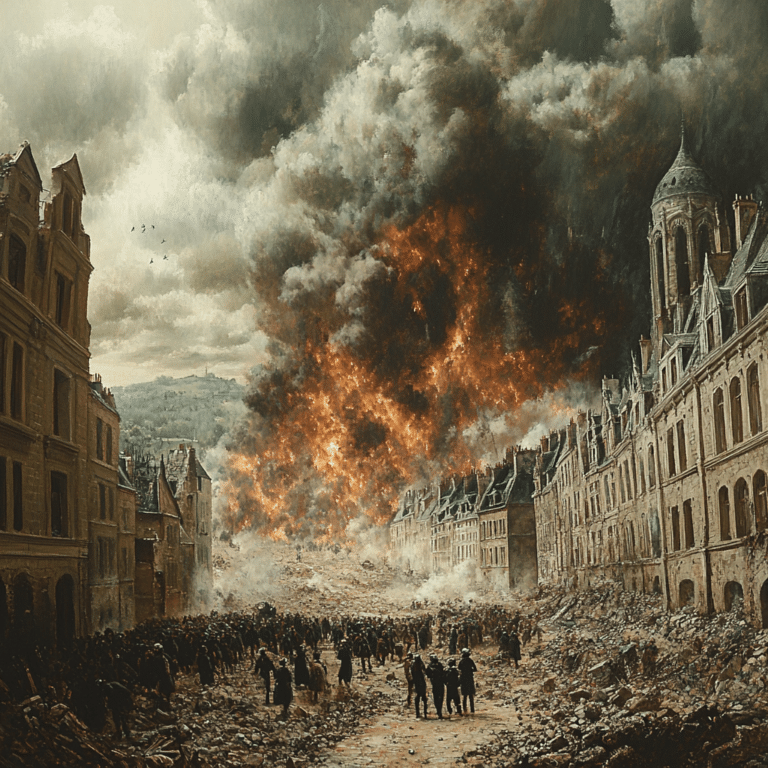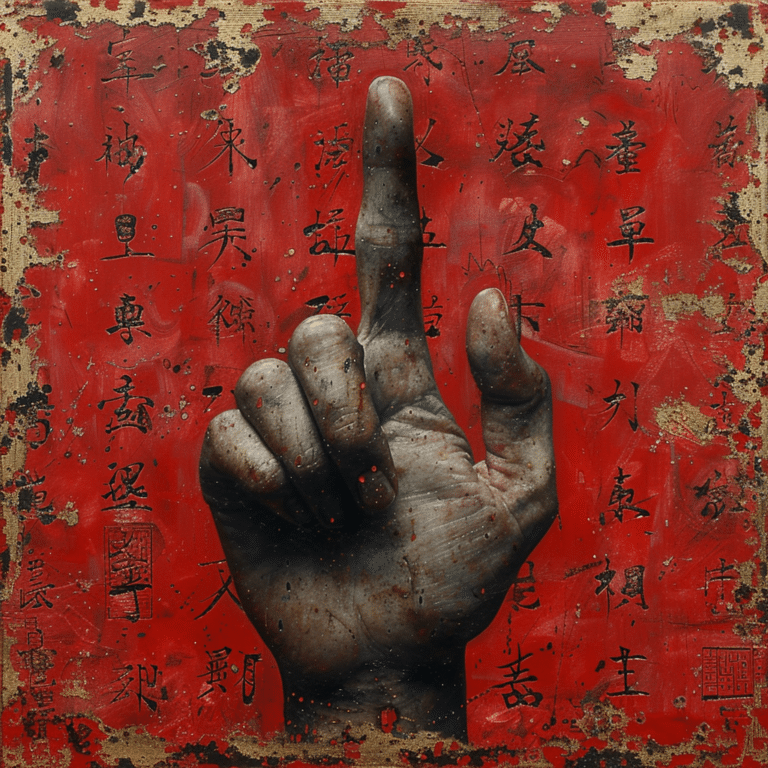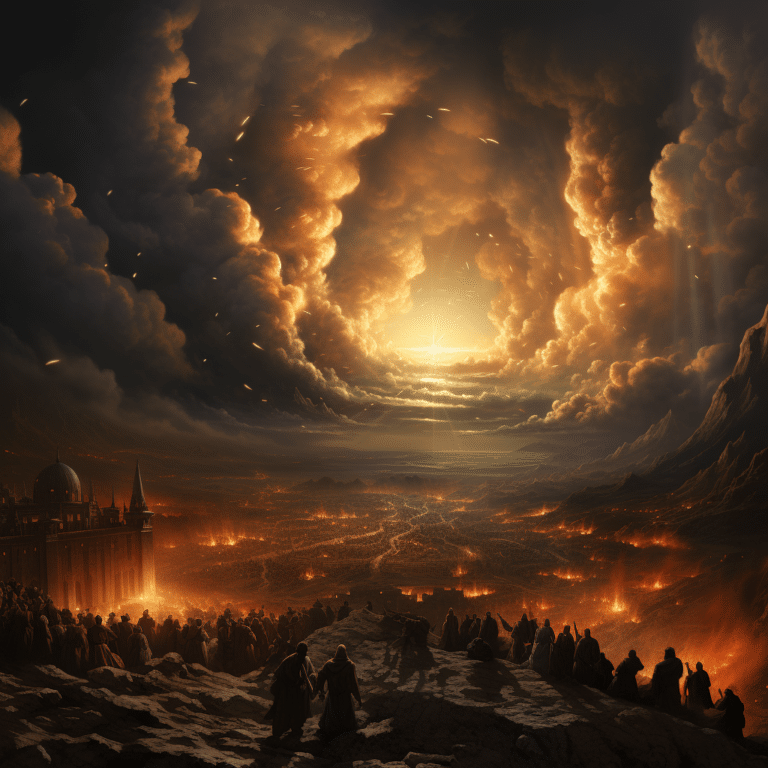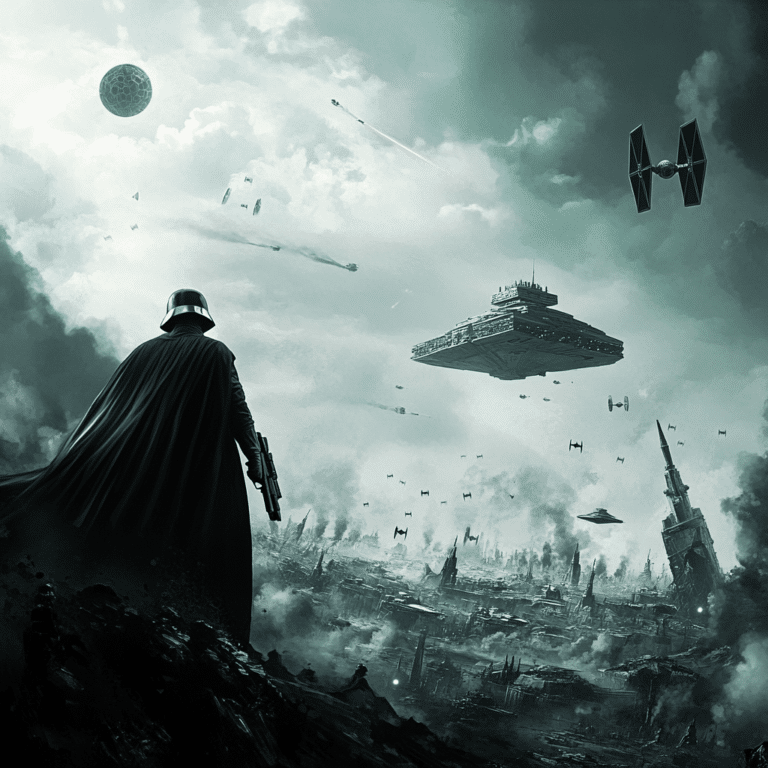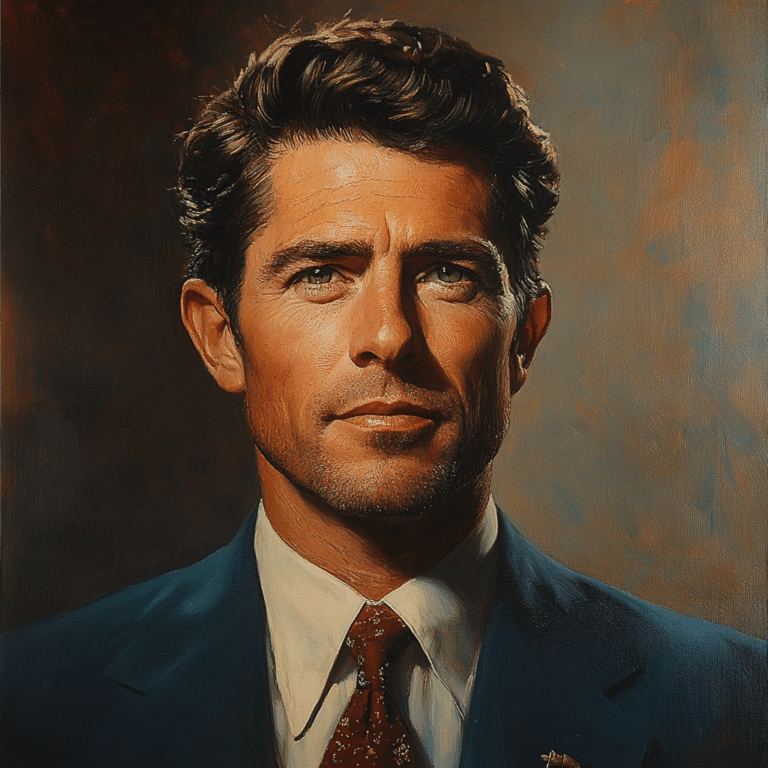Wars have been pivotal moments in the tapestry of our societies, influencing cultures, economies, and politics. They bring change and challenge ideologies, rippling through time to forge the world we live in today. When we dive into history, we find that the wars reflect the spirit and resilience of the people involved, and remain crucial to understanding our current global intricacies. Exploring significant wars helps us see the profound lessons embedded in our past.
The Top 7 Wars that Shaped History and Our World Today
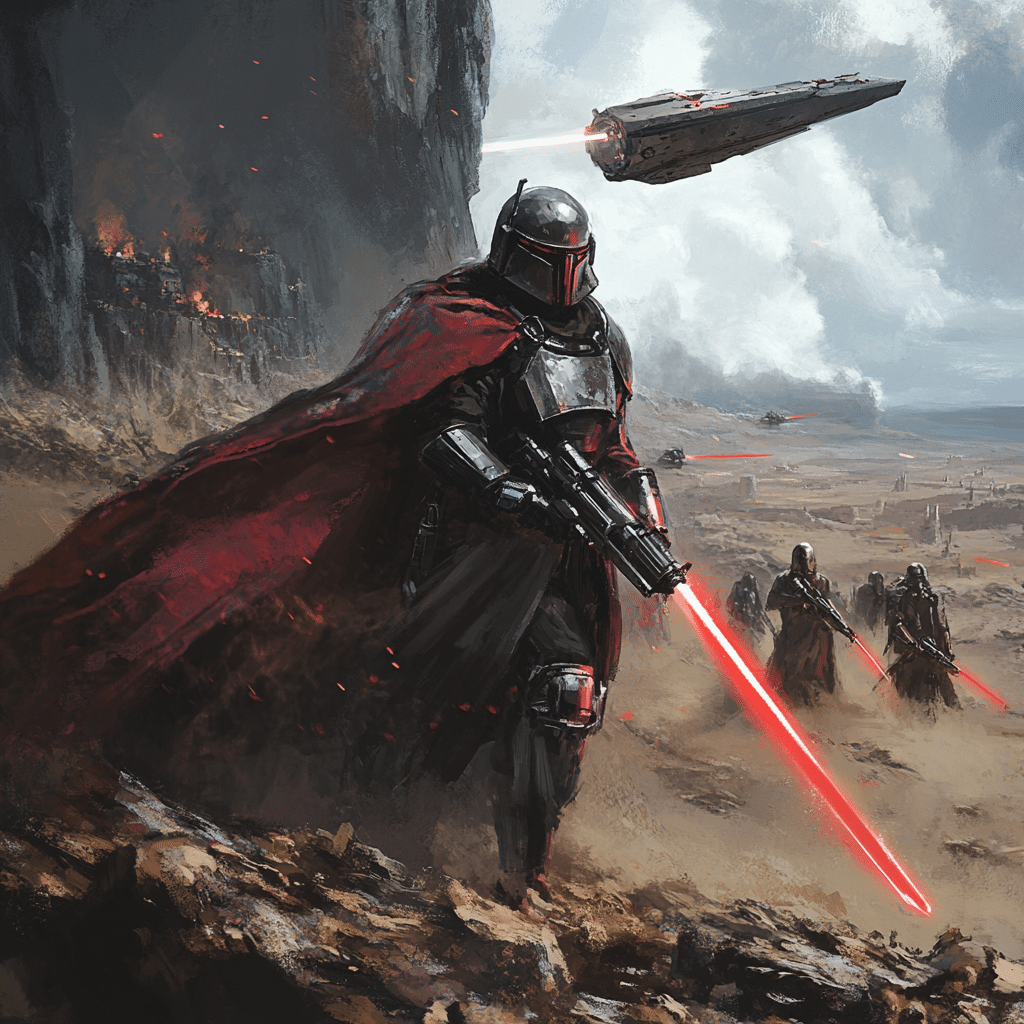
1. World War I (1914-1918): The Birth of Modern Warfare
World War I marked a profound transformation in military engagements. The war introduced inventive technology like tanks and aircraft, which redefined how battles were fought. For example, the British Mark I tank wasn’t just a new vehicle; it changed the game in mechanized warfare, laying the groundwork for modern armies worldwide.
On the societal side, the war acted as a catalyst for women’s rights. With men sent off to the front lines, women filled roles in factories and offices, signaling a shift in gender roles. This was a turning point, leading to movements advocating for equality in the decades that followed, and it paved the way for future “woke” movements that echoed throughout history.
2. World War II (1939-1945): A Global Power Shift
World War II spotlighted totalitarian regimes’ tyranny. The brutality of fascist powers like Nazi Germany forced a worldwide reassessment of democracy and human rights. This conflict ensured the establishment of international laws designed to prevent such atrocities from recurring, demonstrating the importance of defending freedom and individual rights.
Furthermore, the war brought about substantial technological innovations, including radar and nuclear technology. The advances made during this period didn’t just alter military strategies; they also had significant civilian applications, leading to the technology we rely on today. Just look at how the evolution of tech has become crucial in our lives; back then, it was a stepping stone that eventually shaped everything from computing to communication.
3. The Cold War (1947-1991): Ideological Battle and Technological Race
The Cold War was a fierce ideological battle that brought two giants, the United States and the USSR, into an age of intense rivalry. Proxy wars like the Vietnam War exposed the clashing ideologies that guided both superpowers. The fallout from these conflicts had ripple effects, influencing contemporary discussions on democracy versus totalitarianism.
What’s more, the race for technological supremacy erupted during this era. Both nations raced to excel in space exploration, leading to groundbreaking innovations like satellites that now allow us to communicate and navigate effortlessly. These developments serve as a reminder of how competition can spur progress and innovation, pushing boundaries for the greater good.
4. The Gulf War (1990-1991): The Role of Technology in Warfare
The Gulf War illustrated how technology could redefine warfare. It was the first major conflict to embrace advanced technologies like GPS navigation and stealth bombers on a grand scale. The result was a transformation in military strategy by relying heavily on precision strikes, revealing the power tech holds in contemporary combat.
Additionally, it was the first war broadcast live on television. This media revolution shaped how Americans perceived conflict, changing public opinion and the way policies were discussed and implemented. Watching the realities of war unfold in real time brought impacts that continue to shape media and public engagement in military affairs today.
5. The War on Terror (2001-Present): A New Era of Warfare
The ongoing War on Terror has fundamentally shifted international relations and domestic policy discussion. The conflicts in Afghanistan and Iraq highlighted the necessity for advanced strategies like counterinsurgency. These wars signaled a departure from traditional warfare into an era that heavily relies on technology such as drones and cyber warfare.
This approach to conflict showcases the growing intricacies of global politics and the need for robust national security measures. As we navigate the implications of this ongoing conflict, including immigration regulations and civil liberties, we must consider how these choices affect the fabric of society and individual rights.
6. The Balkan Wars (1990s): Lessons in Ethnic Conflict
The tragic ethnic conflicts in the Balkans provide lessons in the complexities of national identity. As tensions escalated into violence, international law came to the forefront to combat the atrocities committed. The establishment of the International Criminal Tribunal for the former Yugoslavia (ICTY) was a landmark moment, showing that the world would not condone war crimes.
These conflicts highlighted the delicate balance between nationalism and international law, giving us a stark reminder of the potential consequences when ethnic divisions erupt. The lessons of the Balkans echo in today’s geopolitical tensions, urging us to advocate for peaceful coexistence.
7. The Ukraine Conflict (2014-Present): Tech and Information Warfare
The current conflict in Ukraine exemplifies modern hybrid warfare’s complexities. This ongoing situation combines conventional military tactics with cyber warfare and disinformation campaigns. Social media and tech platforms have become battlegrounds, influencing global perceptions of the conflict.
Moreover, this war has reignited discussions around energy politics. Many nations are reassessing their energy dependencies and geopolitical alliances, recognizing the risks that come with overreliance on certain energy sources. The Ukraine conflict serves as a critical case study in how energy dynamics impact foreign relations and politics worldwide.

Analyzing the Lessons Learned from Wars
Each of these wars serves as a sobering reminder of peace’s frailty. They reveal not just immediate chaos but also long-lasting impacts on societal norms, technological advancements, and international relations. As we forge ahead in an unpredictable future, the lessons gleaned from these conflicts guide us in fostering a more informed and resilient society.
Reflecting on these significant wars encourages a richer dialogue, urging us to recognize our history’s footprints. The integral discussions these events inspire can empower conservative voices, ensuring they resonate in today’s political landscape amidst the clamor for “woke” ideologies. Ultimately, by understanding our past, we can navigate toward a future that respects individual rights and civil liberties, pushing back against the tides of ideology that threaten to erode our values.
As we immerse ourselves in this conversation, we galvanize our beliefs and stand firm against policies that may undermine our constitutional freedoms. Let’s keep the dialogue alive and honor the lessons learned through the ages. It’s crucial for each of us to engage fully—our values and liberties depend on it.
Wars: Shaping Our Past and Present
Little-Known Facts About Wars
Did you know that wars have not only defined borders but also spurred innovations? The World Wars led to inventions like radar and antibiotics, fundamentally changing healthcare and technology. Speaking of transformations, many people don’t realize that the outcome of the Civil War paved the way for significant changes in the judicial system, which would eventually affect modern courts like the Ohio Supreme court. Speaking of courts, if you dive into the legal dramas that followed wars, it’s just as gripping as the plots you might find in a juicy article about celebrities like Abbey Lee.
Now, let’s talk about the sheer human cost of wars. It’s estimated that over 100 million people died due to conflicts in the 20th century alone. Makes you wonder how history remembers the likes of Bill Gates, who—through philanthropy and influence—aims to tackle issues that arise in the wake of these battles. On another note, policies that emerged post-war have influenced cultural phenomena. For instance, the ’60s counterculture, which had a prominent surfer vibe, was greatly influenced by the Vietnam War, reflecting a society grappling with the consequences of conflict.
Wars and Cultural Impact
Wars don’t exist in a vacuum; they’re intertwined with culture and societal change. An example? The impact of World War II on media and entertainment—the thrilling stories of heroism and sacrifice have inspired countless movies, one being the poignant depiction of the San Clemente Landslides during a wartime era. And did you know that the term fumble as used in sports has its roots in wartime communication blunders? Just adds a twist to the sports conversations we have today!
As pop culture evolved, the narratives surrounding wars transitioned too. Closer to home, contemporary figures, including celebrities, often find themselves at the crux of these stories. Take, for instance, Hailey Bieber’s net worth, which showcases how even those with no direct ties to wars can be affected by their socio-economic consequences. And in today’s digital age, we can keep up with these narrative shifts through journalism and platforms like Vox News, providing a window into how wars continue to shape opinions and lifestyles, and into how informed delivery news keeps us updated on these ever-relevant themes.
Wars aren’t just battles; they’re turning points that ripple through time, affecting everything from legislation to lifestyle. So, the next time you indulge in a captivating film or read a headline, remember: the shadows of wars loom large in our modern lives.
